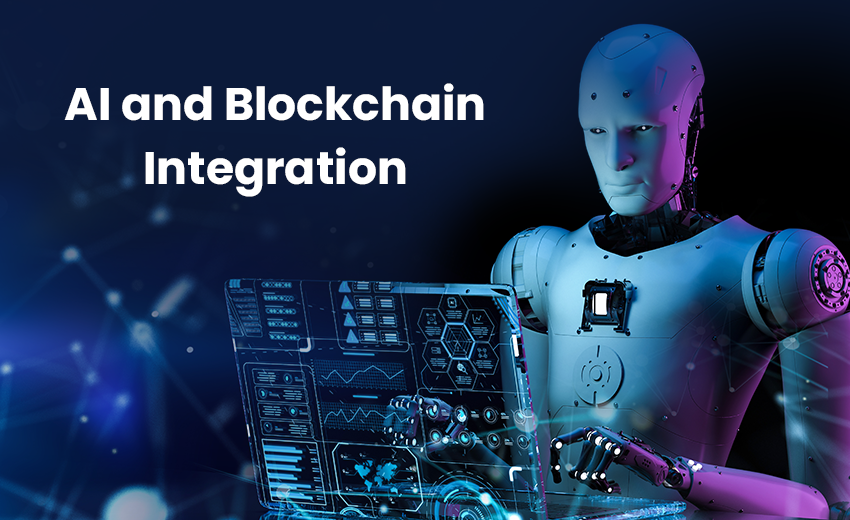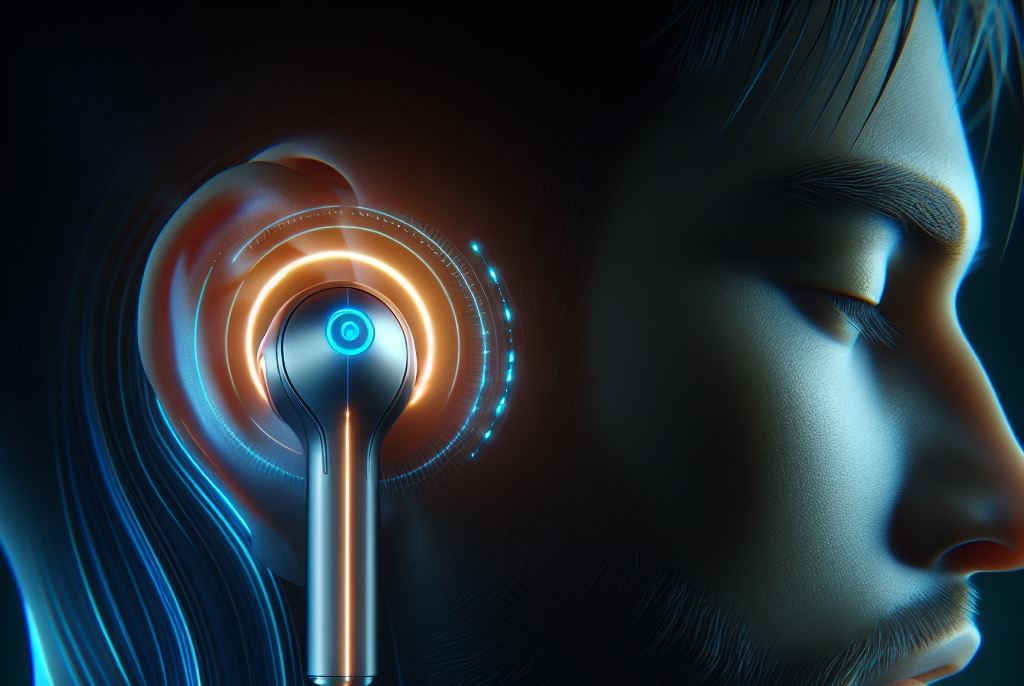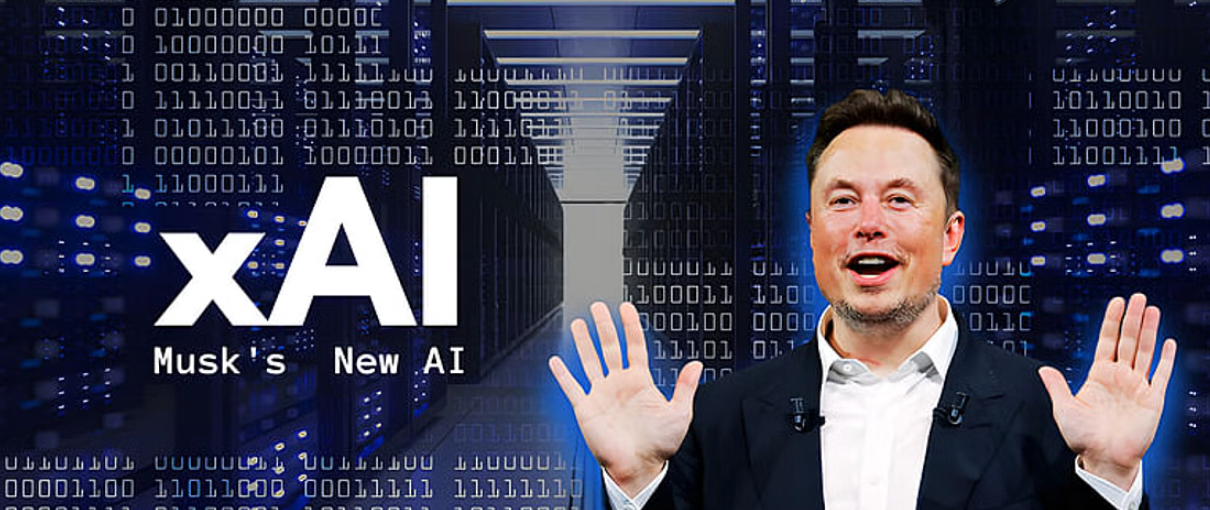EU commission advocates the combination of blockchain technology with artificial intelligence, as this will promote collaborative AI development.
EUBOF lists new DeFi protocols improved intelligent contract functionality, and decentralized AI networks as some of the forthcoming blockchain trends
An initiative of the European Commission, the European Blockchain Observatory and Forum (EUBOF) tracked and examined blockchain advancements throughout Europe and released a final report on May 24.
The Directorate-General for Communications Networks, Content, and Technology wrote the paper emphasizing how blockchain may spur innovation and interact with existing technologies.
The EUBOF noted a significant trend regarding the continuous convergence of blockchain and AI. Blockchain technology can safely store sensitive AI data sets, which can be helpful in “healthcare and finance, where data security is paramount,” according to EUBOF.
Additionally, decentralized AI networks may be made possible by the confluence of the two technologies. The study additionally stated:
“This can reduce the risk of data monopolies and promote collaborative AI development.”
Additionally, EUBOF found that AI can enhance the functionality of smart contracts, which can be used in various sectors.
The study conducted by the European Commission also recognized the decentralized finance (DeFi) ecosystem’s ongoing expansion and predicted the introduction of new protocols and cutting-edge applications.
Finally, EUBOF believes that the main factors influencing blockchain technology’s adoption will be its innate sustainability, energy efficiency, and interoperability.
In this regard, EUBOF provided several proposals, such as serving as a worldwide blockchain knowledge hub, bolstering Europe’s interactions with different stakeholders, and tackling problems brought on by emerging technologies.
The EU announced proposals to change the legislation controlling the European High Performing Computer Joint Undertaking (EuroHPC), which governs the use of supercomputers for AI development, on May 24, concurrent with the release of EUBOF’s study.
Developed since the initiative’s inception, EuroHPC oversees nine supercomputers located around Europe. This goal will be advanced by the new AI factories that the amendment suggests. Willy Borsus, the Wallonian vice president and minister of economics, science, and innovation, stated the following at the time:
“Unity is the strength of Europe, and together we have achieved great goals. We have seen this with the development of our world-class supercomputers, and now we want to boost the outcomes of these powerful machines through trustworthy AI.”
The new rule allows hosting firms to get reimbursed by the EU for up to 50% of the costs associated with purchasing and running AI supercomputers. After five years of acceptance testing, ownership of these machines can be passed to the hosting organizations.



